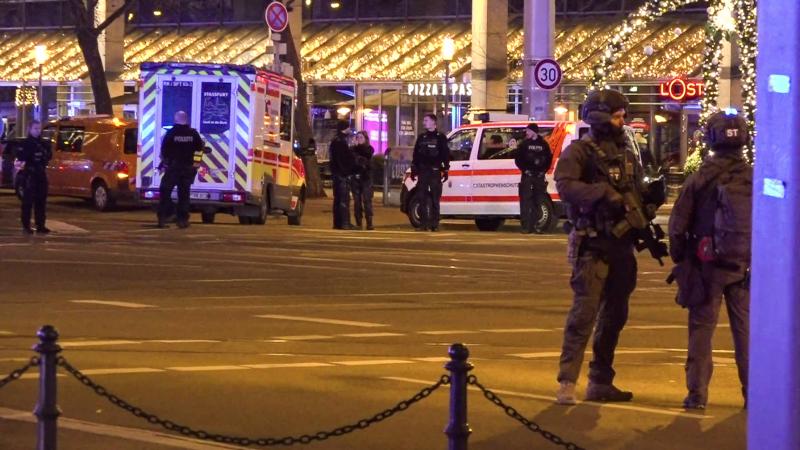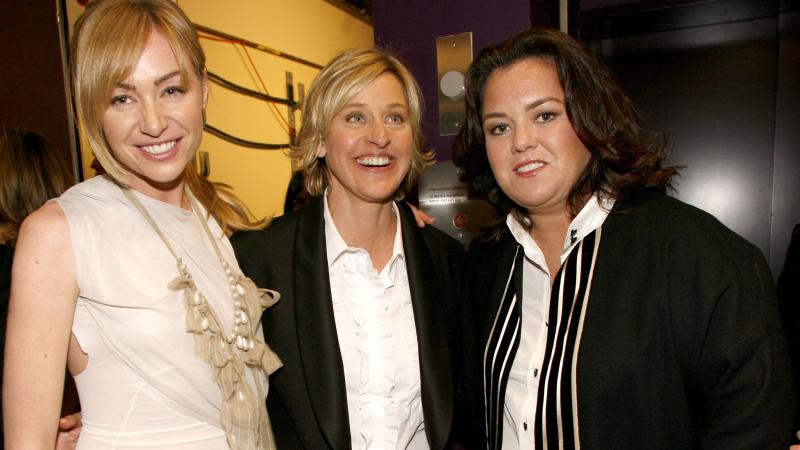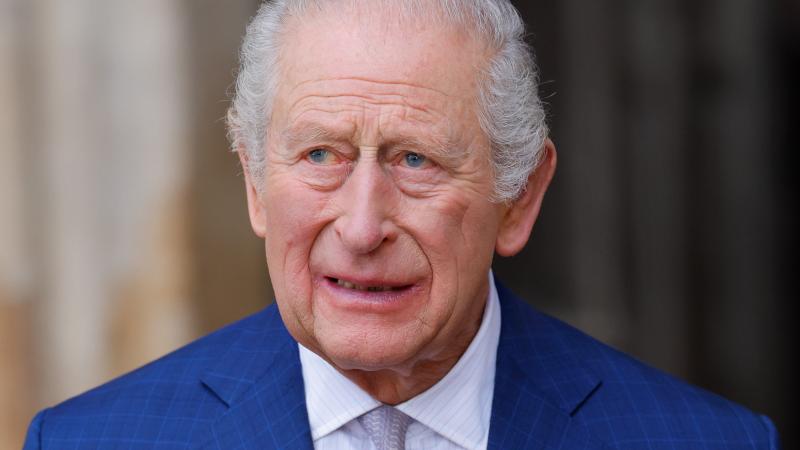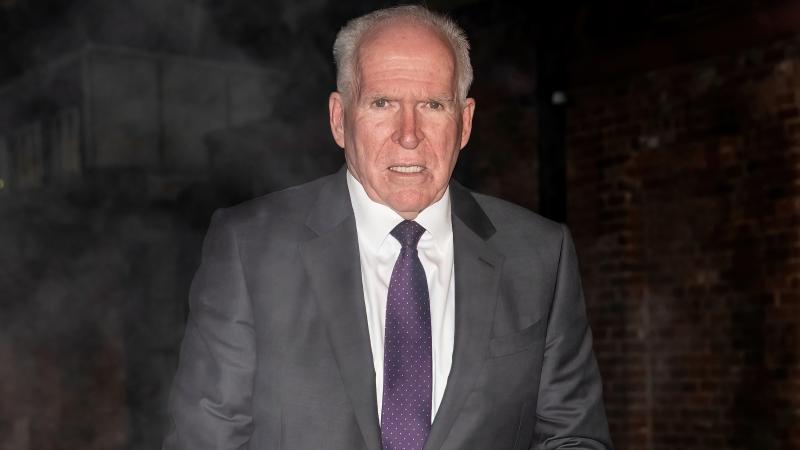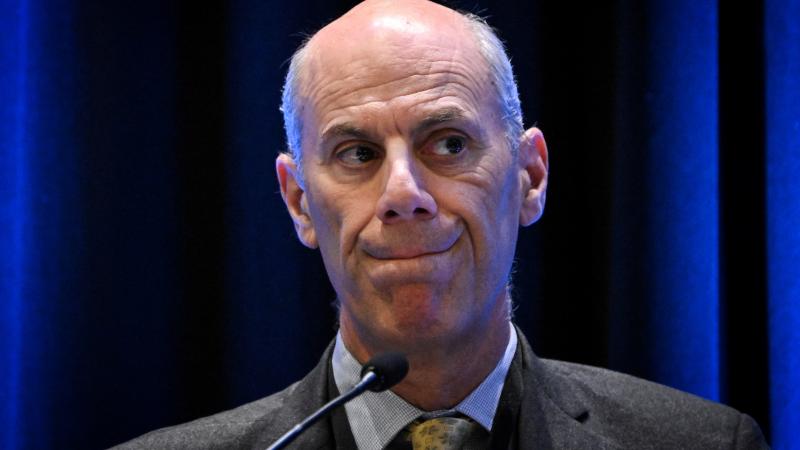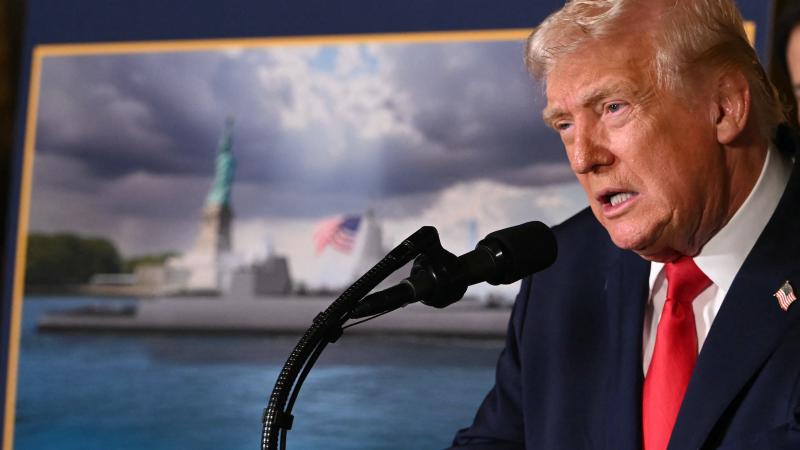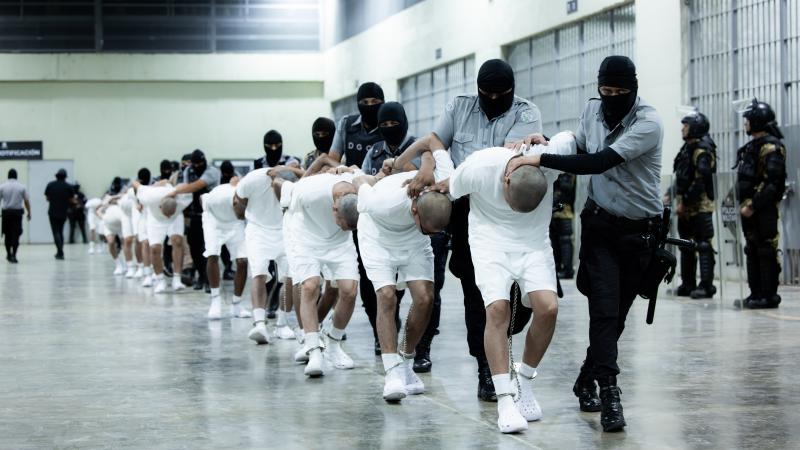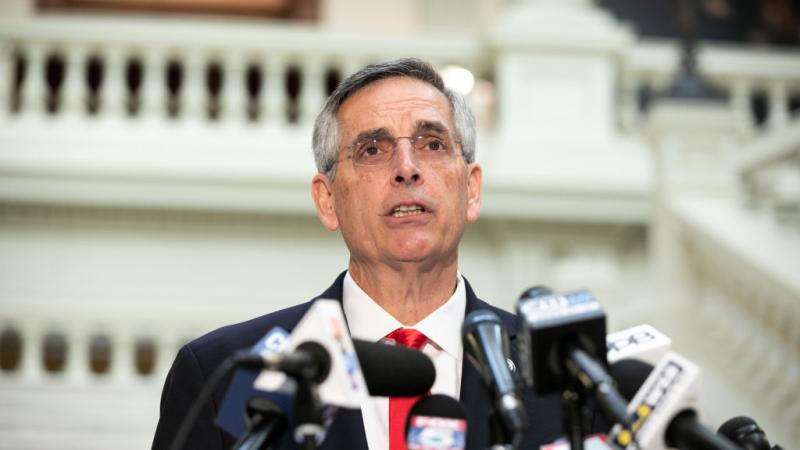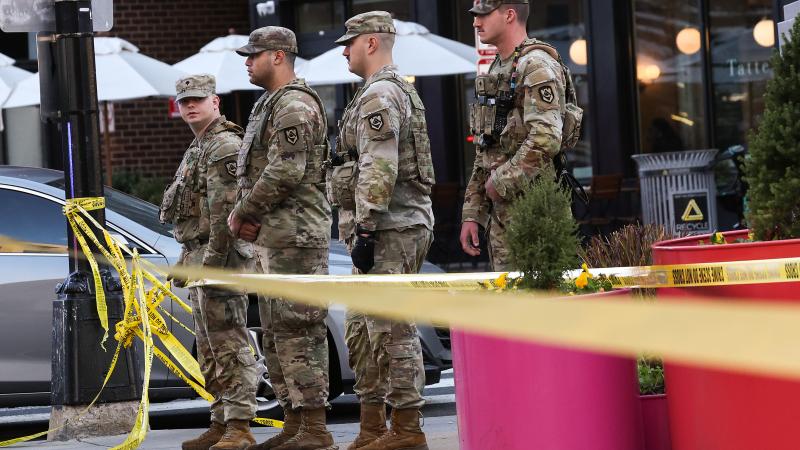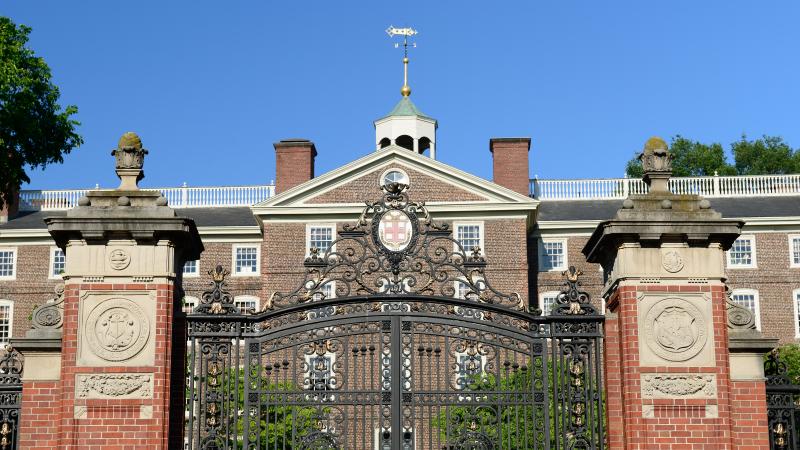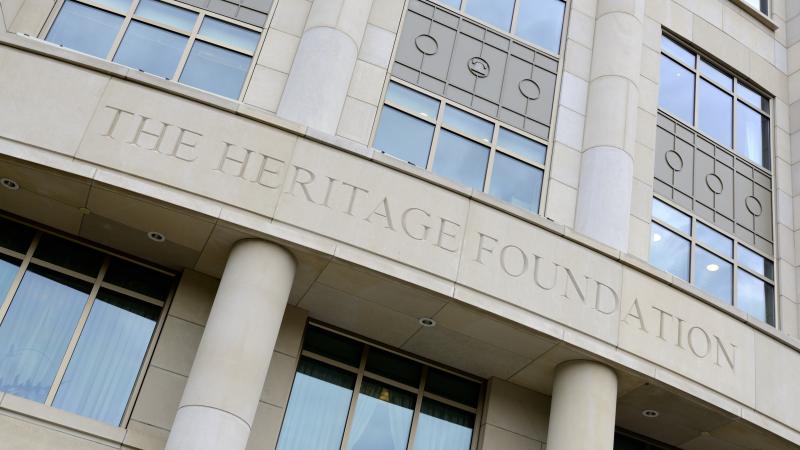EU and Britain impose sanctions on six Russians suspected of involvement in poisoning Navalny
The sanctions consist of freezing assets and travel bans.
The EU and Britain on Thursday imposed sanctions on six Russians who are among the country's highest-ranked officials in connection with the recent poisoning of Russian opposition leader Alexei Navalny.
Navalny became extremely ill on a domestic Russian flight in August and was originally taken to a Russian hospital where doctors claimed there was no evidence of poisoning.
After transferring to a hospital in Berlin, blood samples revealed that he was poisoned with a Novichok agent, a binary chemical weapon, according to German officials.
The sanctions this week include a travel ban and freezing of assets on individuals and on a Russian organization, the State Scientific Research Institute for Organic Chemistry and Technology.
“Only with a clear position and by sticking to principles can we as the European Union make progress with respect to Russia,” said German Foreign Minister Heiko Maas.
The individuals sanctioned are suspected of involvement in the poisoning and include the chief of Russia’s Federal Security Service and President Vladimir Putin’s deputy chief of staff.
Navalny was in a German hospital for about a month where he was put into an induced coma and received intensive medical care.
“Any use of chemical weapons by the Russian state violates international law. We are determined to hold those responsible to account,” British Foreign Secretary Dominic Raab said.

